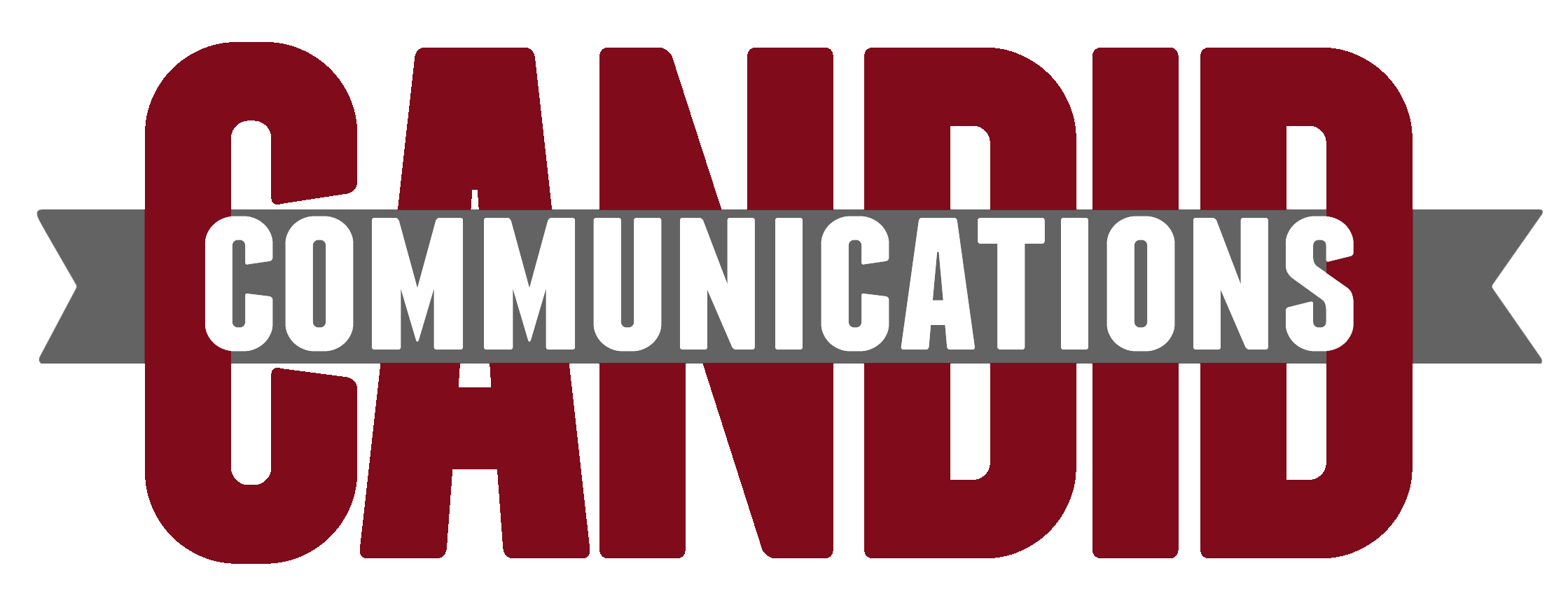In this pandemic, I’ve found I’ve been working way too early, way too late and way too hard. Which brings me to this: Would you believe being idle could make you more interesting? A recent study suggests that mental clutter stifles creativity while unburdening your mind encourages originality.
Israeli university researchers analyzed what happens when your mind is occupied with stray thoughts and nagging concerns. People who were tasked with remembering seven digits responded slowly and gave boring conventional answers on a free-association test. Conversely, people assigned only two digits were quick to generate innovative replies.
The lesson? We would benefit from learning how to liberate ourselves from mental overload – and during remote working situations, this may be the perfect time to do find freedom. Explore these tips for meditation and other intuitive experiences.

Reduce Mental Load Through Meditation
- Call yourself out. Some unconscious thoughts can be disturbing. Remember that bringing them to the surface is the first step in healing. Once you spot your baggage, you can develop more constructive habits.
- Scan your body. Your body is an excellent guide to how to find your flow. Notice what conditions help you to lower your shoulders and unclench your jaw.
- Focus on your breath. Simple breath work helps beginners and advanced practitioners to become more mindful. Notice the air as it enters your nostrils and travels through your body. Spend as much time exhaling as inhaling. Doing this just 4 solid times can bring a world of calmness and clarity.
- Develop clarity more fully. Picture your mind as a pool of water. Hold that thought. Then, as the ripples settle, you can see under the surface. What’s going on when you put aside housework, chores, must-dos and utility bills? Connect with your aspirations and dreams.
- Count your blessings. Author Jen Sincero talks about “the grandaddy of all workout coaches: Gratitude.” Engage with the present moment by noticing what you’re grateful for. Celebrate the taste of a morning muffin and the sound of people laughing.
- Practice daily. Work your way up gradually and consistently (baby steps). Even a few minutes of stillness can be beneficial.
Reduce Mental Load Through Other Activities
- Write things down. Put your to do list onto paper or on device so you can forget about it without worrying that you’ll miss your next key appointment. I’ve switched to Trello because it auto-loads to all of my devices. But find and use a system that works for you.
- Play games. Do you lose track of time when you’re planning your next move in your favorite game? That tells you that taking a break from work can help you to return more refreshed. Bonus! And fun.
- Move around. Clear your mind with an afternoon run, a nice walk or even stretching. Physical exercise also burns calories and releases stress.
- Use your hands. Repetitive movements can trigger breakthrough ideas as you tap into your unconscious. Knit a scarf, hit on some bongos or play piano. Chop vegetables for dinner or paint an accent wall in your bedroom. Even working in the garden or yard – really getting your hands into the dirt – can bring a world of connection with Earth and creative ideas.
- Slow down. If running too many programs at a time makes your computer less effective, think what excess multitasking does to your brain. I read where we process more decisions in one day than our grandparents did in one year. Try slowing down by immersing yourself in a single task while you remember your purpose.
- Appreciate nature. Nature is a powerful antidote to cognitive overload. Spend a moment enjoying bird songs and cool breezes.
- Take a nap. If you can fall asleep easily during the day without disrupting the quality of your nightly slumbers, napping could be for you. (It works for me.) Studies show that a brief sleep enhances memory formation. According to research, people who nap also tend to live longer.
- Turn off your phone. Some distractions are beyond your control, but you can opt out of being available around the clock for non-emergencies. Disconnect your devices for one hour each day. Or put them on Do Not Disturb. The point is to give yourself quiet time to stimulate your creativity and think on a deeper level.
If pushing yourself to succeed is exhausting you out, try thinking less. Allow your mind to become clear so your creativity and productivity can soar.
